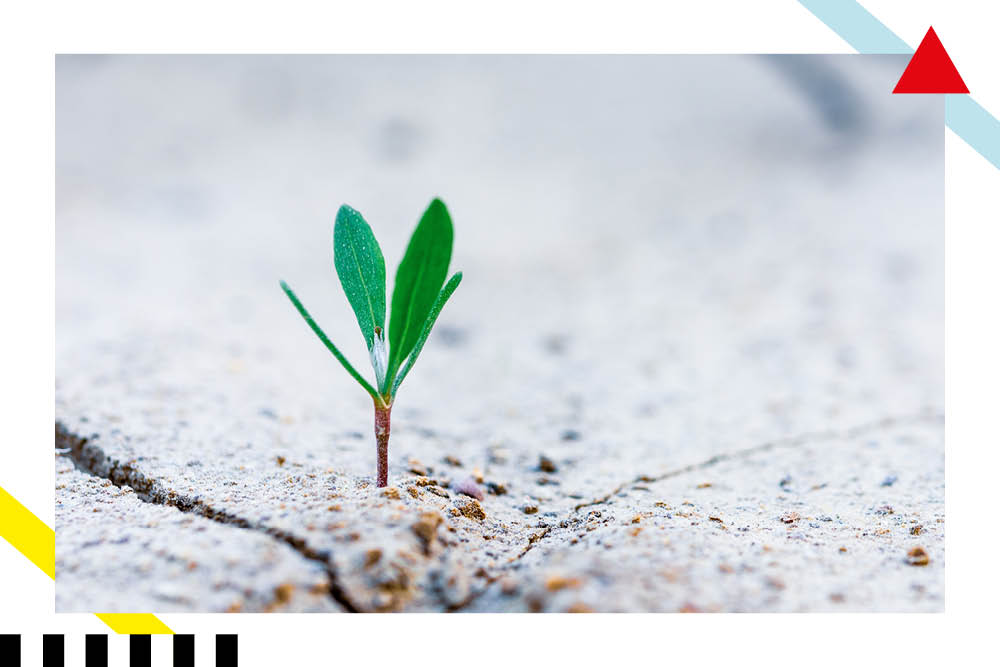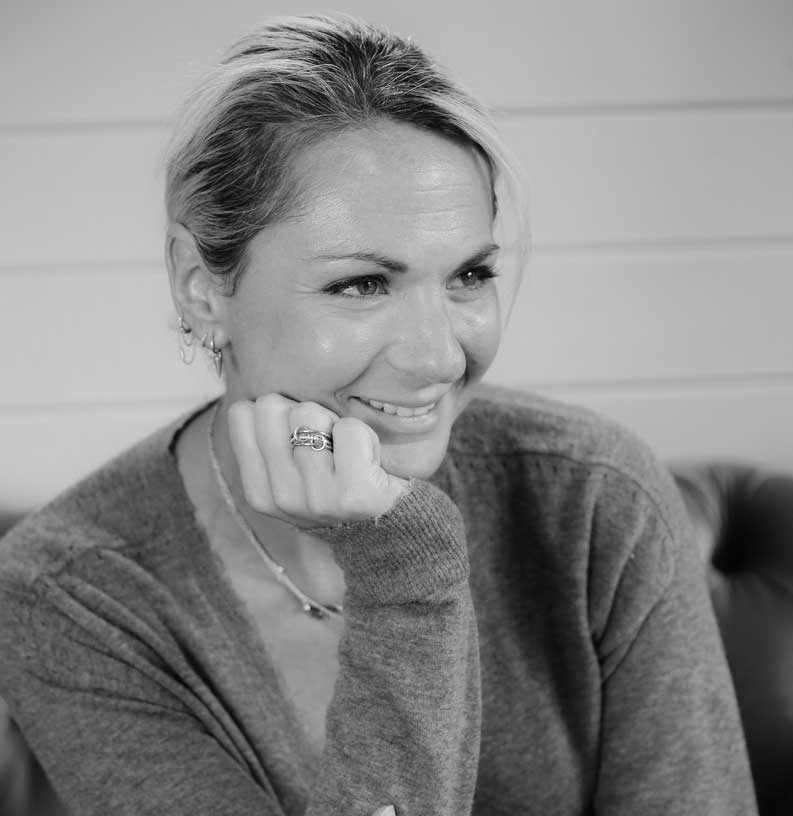Why defying human instinct could be the key to growth

We live in constant conflict with the biological and physical of our pure human instinct to survive and exist on a planet that is constantly evolving making us feel that survival is impossible.
As humans we need certainty to survive. We need to know that we have a roof over our head. We need to know that we have food on the table. We need to know that we have enough money to pay the bills. We need to feel “safe”. These are things we believe we need to have nailed down.
How do humans find comfort and safety?
In short, we create habits. We do things again and again based on surviving before. Surely, if it worked last time it can work again? By building habits we build certainty.
However, very often the habits that we create, the things we do and responses we have time and time again in fact end up being the very things that hold us back, stop us growing, and risk our happiness.
Our negative behaviours are all protection mechanisms against past hurt, pain or troubles being repeated. The human brain stores our responses to certain feelings, so when we experience a similar feeling from an uncomfortable situation, it reminds us to do whatever we did before to help us stop feeling that way, and survive.
So we do. We do the same things again and again. This is great in the initial moment. Problem aborted. survival maintained; but on repeat for years, our behaviours can become problematic.
But how do we stop our feelings triggering our actions?
We need to try to act to a situation rather than to react to it. If we can just slow down and see a situation for what it is rather than what our brain tells us to “feel” it is, we are likely to be able to make more productive decisions.
We always have, and still do, use our senses to warn us against “danger” of possible imminent death. If something feels uncomfortable to us we take it as a sign to get away or change things up in order to survive. This is great news if faced with a tiger or possible threat of exile from the tribe; the result being Lunch, or left out in the cold to rot. In these situations, human instinct is vital.
However, these days our senses can be more of a hindrance than a help. We are not often faced with tigers. And exile from our social group, as painful as it can be, is unlikely to result in us freezing to death under a bush with no food or water. That said, we still experience the same warning signs of discomfort when there is possibility of our behaviour or actions causing reason for challenge, judgment or rejection.
And how do we survive this? Due to human instinct, we go back to habit. We do the things we know have worked in the past to keep us safe. We stay the same. We replay the same actions, behaviours and even thoughts time and time again because we believe that if what we did before kept us alive, then we should just keep doing it.
This is where we run into problems – as the world is unpredictable, and things rarely play out the same way twice. We need to acknowledge that what feels uncomfortable isn’t necessarily a threat, or something wrong. It is likely simply that you are doing something that you are not used to doing. Something that you haven’t habitually been doing on auto pilot.
Of course it would feel uncomfortable, but uncomfortable doesn’t mean wrong. Let the feeling be a signpost; Guidance; Awareness. And then implement the action that most fits the situation. Not simply what you are most used to doing. Do not listen to the voice in your head that tells you to do what you have always done. Instead, take the time to see the new situation for what it is and act accordingly.
Don’t let the protective nature of human instinct hold you back. In our culture today, feeling uncomfortable does not typically mean danger or death – probably just a bit of a blow to the ego at worst. You will, for sure, survive.
For more information or to book an Coaching session, visit her website.









